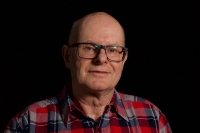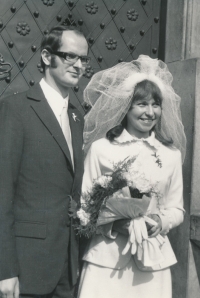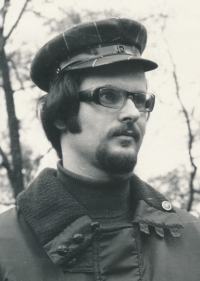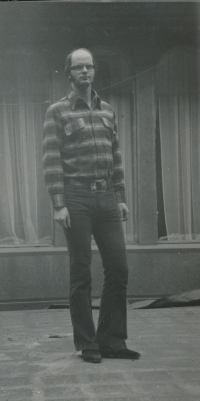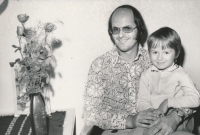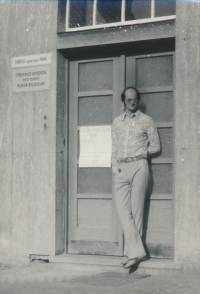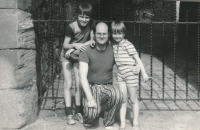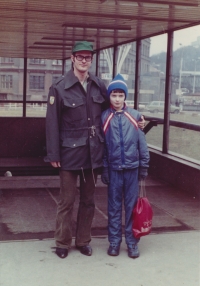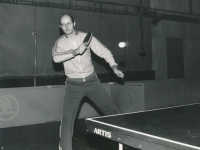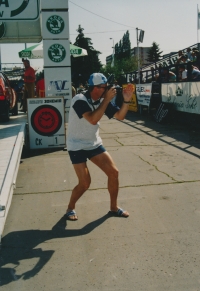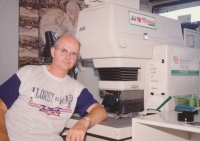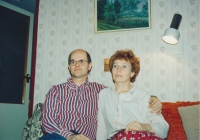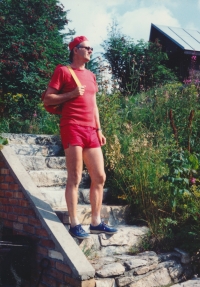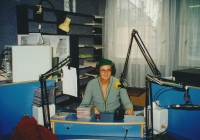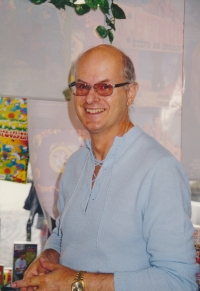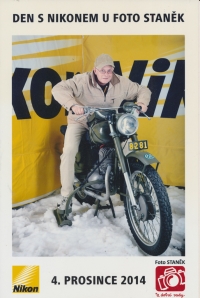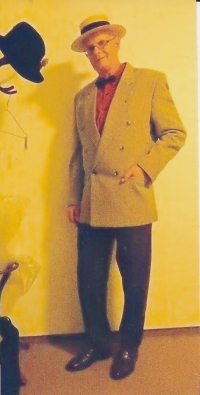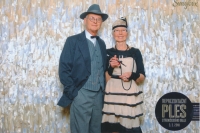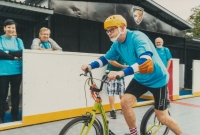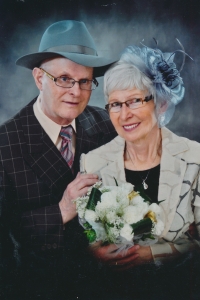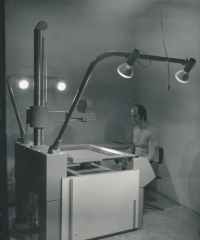The Russians considered us ragtag. Human life had no value to them.
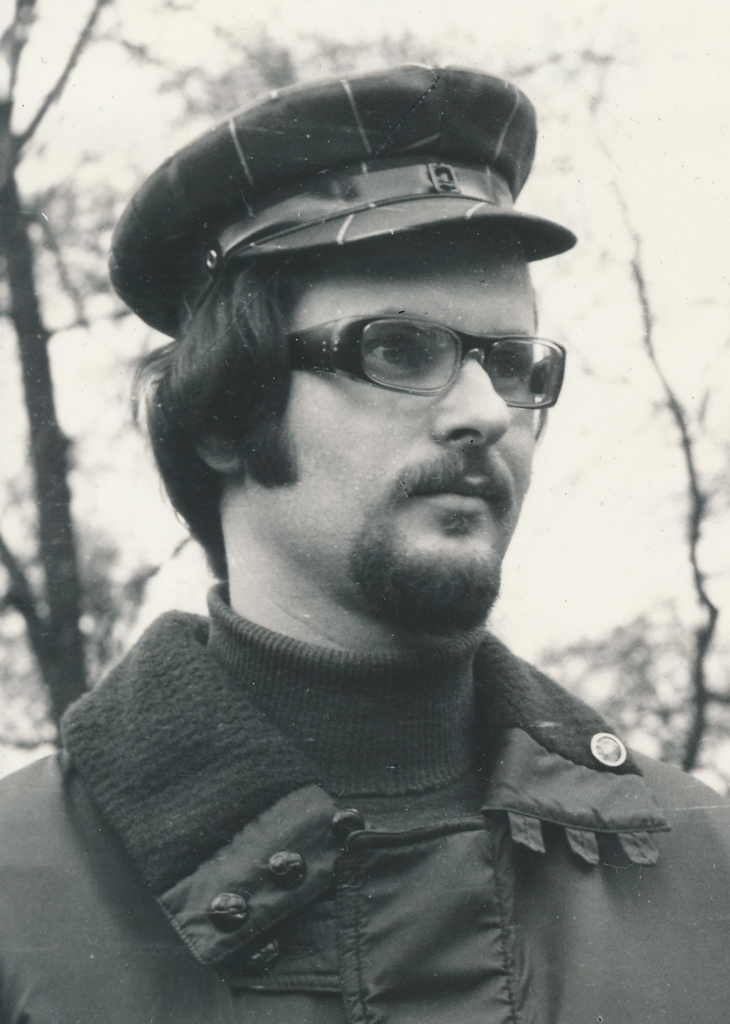
Download image
Rudolf Kulka was born on 26 June 1944 in Prague into the family of photographer Rudolf Kulka and his wife Markéta, née Jarošová. He came from a mixed marriage, which helped the family survive the Holocaust, even though most of his relatives on his father’s side perished in the concentration camps. Rudolf Kulka grew up in Prague’s Smíchov district, where his father ran a successful photography studio, which he lost as a result of nationalisation and had to move to the Fotografia cooperative, where he worked as a supply clerk. In 1958, Rudolf Kulka enrolled at the Secondary General Education School and after graduation he applied to FAMU, where he was not accepted. He joined Jan Šverma’s factory in Jinonice, where he trained as a locksmith, and after the war he trained as a photographer with the radio workers. In 1967-1973 he worked with his father in the studio of the Central Union of Production Cooperatives, which was located in the Lucerna arcade. He witnessed important events of the Prague Spring and the August 1968 occupation. He and his wife Eva moved to Mladá Boleslav in 1974, where he worked as a photographer in the Geodesy Centre. They raised a son and a daughter. Rudolf Kulka was active not only as a photographer but also as a music enthusiast. He was a member of the HiFi Club, the Jazz Section and in 1984 he co-founded a film club in Mladá Boleslav. After November 1989, he participated in the start-up of Radio Jizera, where he worked for many years as a dramaturge and presenter. Later he worked as an editor at the Mladá Boleslav weekly and cooperated externally with Czech Radio. In 2024 he lived in Mladá Boleslav.
